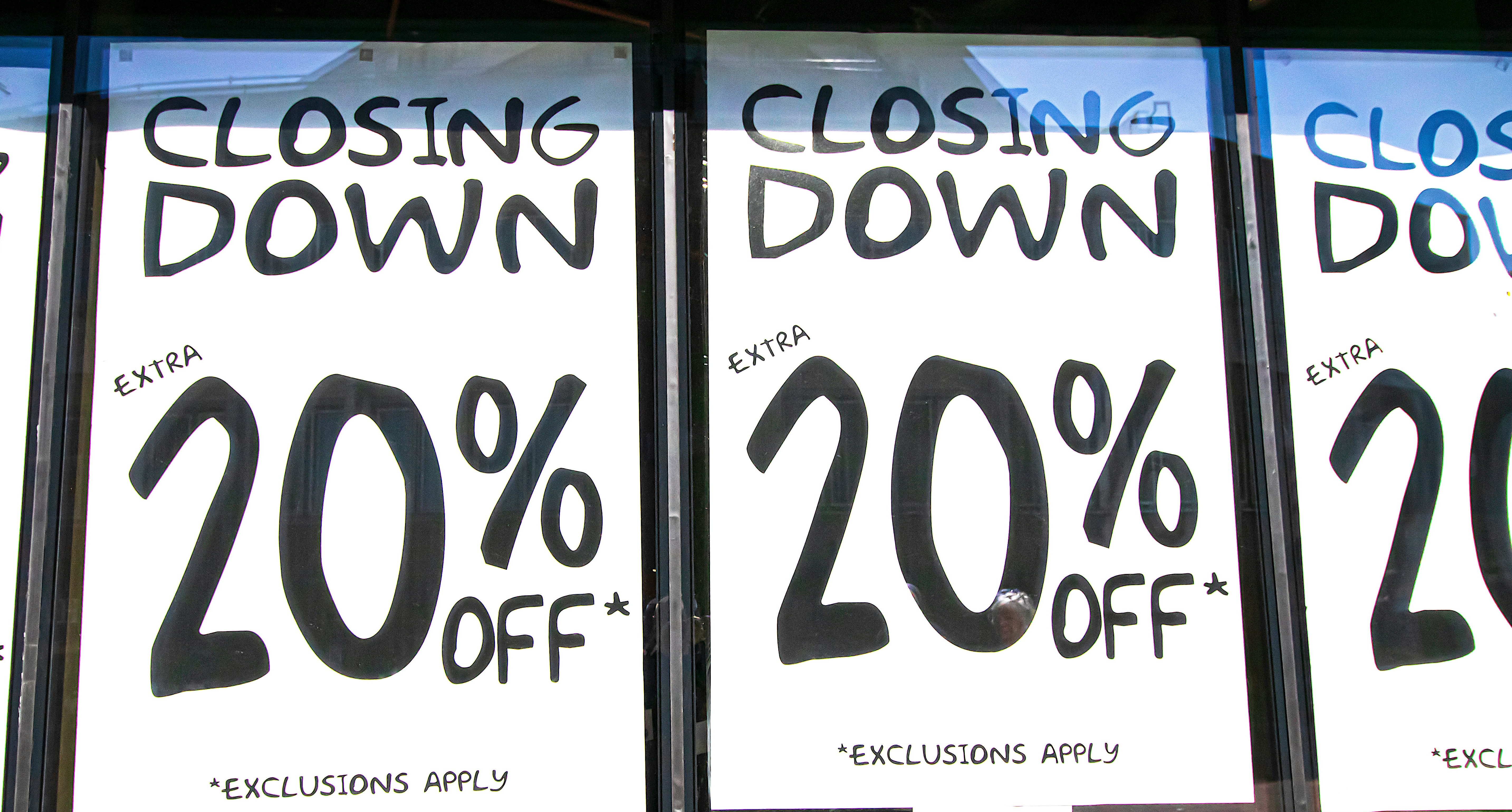
Financial Accountant and CFO
And it's costing us more than just money.
Let’s talk about something that doesn’t usually spark excitement, but should - how our city spends your money.
Fiscal responsibility sounds boring, right? But here’s the truth: it means making smart decisions with public funds—spending where it really counts and steering clear of waste or runaway debt.
And sadly, that’s not what’s been happening in Hamilton.
Over the last 20 years, our Council has broken the basic rule of good financial management: Don’t spend more than you earn.
Instead, they’ve leaned heavily on borrowing just to cover day-to-day costs. Not for big, bold projects. Not for emergencies. Just to get by.
And now they’ve hit the wall.
Over the last 10 years Hamilton has shelled out on average $26 million every year in interest[i].
This year the interest plus other financing costs have more than doubled to $59.3 million[ii].
Unless something changes, we’re staring down the barrel of $150 million a year in interest payments by 2034.
That’s not paying off debt. That’s just interest.
To put it bluntly: we are now spending more on interest than we do on:
- Clean drinking water
- Libraries and museums
- Maintaining public buildings and land
Right now, nearly a quarter of every rates dollar YOU pay goes to cover interest—not services, not infrastructure, not improvements. Just the cost of borrowing.
By 2034, that interest bill is forecast to hit $145.6 million a year[iii].That’s money that won’t be going into parks, transport, or community support.
It’s money that should be building Hamilton’s future—instead, it's servicing its past.
Window dressing the books
Back in 2016, Hamilton Council scored a $290 million interest-free loanfrom the government to fund new housing infrastructure in Peacocke[iv].Great news, right?
Council’s share of that loan was $180.3m and this was earmarked for essential bulk infrastructure to support the Peacocke housing development, including a newbridge, arterial roads, a wastewater pump station, and a pressure main.
$110.1m went to the National Land Transport Fund to be spent on the town’s roading infrastructure[v].
What’s the problem?
Council is now counting the“savings” from not paying interest as income. In 2024, that meant areported “gain” of $28.5 million[vi]—on paper only.
They also include in their income the value of roads and pipes gifted (or vested) by developers[vii].
Together, these two numbers add up to $83.7 million—about 15% of Council’s total income.
But this isn’t real, spendable money. You can’t pay bills with accounting tricks.
It’s like claiming you earn $100,000 a year because your salary is $70,000 and your house went up in value by $30,000. Sure, it looks good on paper—but it won’t help when your mortgage payment is due.
And here’s the kicker—
On top of all that, Hamilton is carrying nearly $1 billion in additional debt[viii].And it’s getting worse.
That debt is secured against future rates—your rates and remember there are only around 59,000 residential ratepayers in Hamilton[ix].
If things go wrong for you, the Council can make your mortgage provider pay your rates, which then gets added on to your mortgage.
In extreme cases, Council can force a sale of your property.
Let that sink in.
As the song“Sixteen Tons” goes - You load sixteen tons, what do you get?
Another day older and deeper in debt
Saint Peter, don't you call me, 'cause I can't go
I owe my soul to the company store
Council debt is projected to nearly triple by 2034[x]. If council’s income drops or costs go up, guess who makes up the difference?
We do.
Rates are already set to rise by over 300% in the next decade. And that’s if everything goes to plan.
Sadly, past experience with Hamilton’s Council is that nothing ever goes to plan.
If nothing changes, we’re looking at:
- Less money for essential services
- More pressure on families and small businesses
- A future where our kids and grandkids are paying off the debts they inherited—not ones they chose.
Is there a solution?
Council’s current “solution”?
Offload water services to a new entity that can take on even more debt and/or hope Central Government will somehow save us.
Wouldn’t a better solution surely be to constrain new borrowing, repay existing debt and fiercely control future spending?
It doesn’t have to be this way.
Hamilton deserves better financial stewardship, a better Hamilton.
Wise spending and prudent debt management are not just buzzwords—they are the foundation of a financially resilient, service-oriented city.
Unless Hamilton CityCouncil radically changes course, ratepayers will be left footing the bill for decades of mismanagement.
Real transparency. Real accountability. Real fiscal responsibility. That’s what’s needed now—before the cost becomes too great to bear.
[i] Taken from Council’s financial statements over the period 2015 to 2024
[ii] Refer to page176 of Council’s annual report 2024
Iii Refer Page 153 of HCC Long Term Plan 2024-2034
[iv] Te Tuapapa Kura Kainga press release 5 September 2024
[v] Te Tuapapa Kura Kainga press release 5 September 2024
[vi] HCC annual report 2024 page 193
[vii] Refer page 176 of HCC annual report
[viii]Refer page 244 of HCC 2024 annual report “Interest terms for secured loans”.
[ix] See https://bankomb.org.nz/guides-and-cases/quick-guides/other/overdue-council-rates#:~:text=Councils%20have%20the%20legal%20power%20to%20demand%20that,2002%2C%20obliges%20property%20owners%20to%20pay%20their%20rates.
[x] See page 156 of 2024-2034 LTP “Borrowings”.
Join Us in Making Change
Support our mission to hold the council accountable and stay updated with our newsletter.





